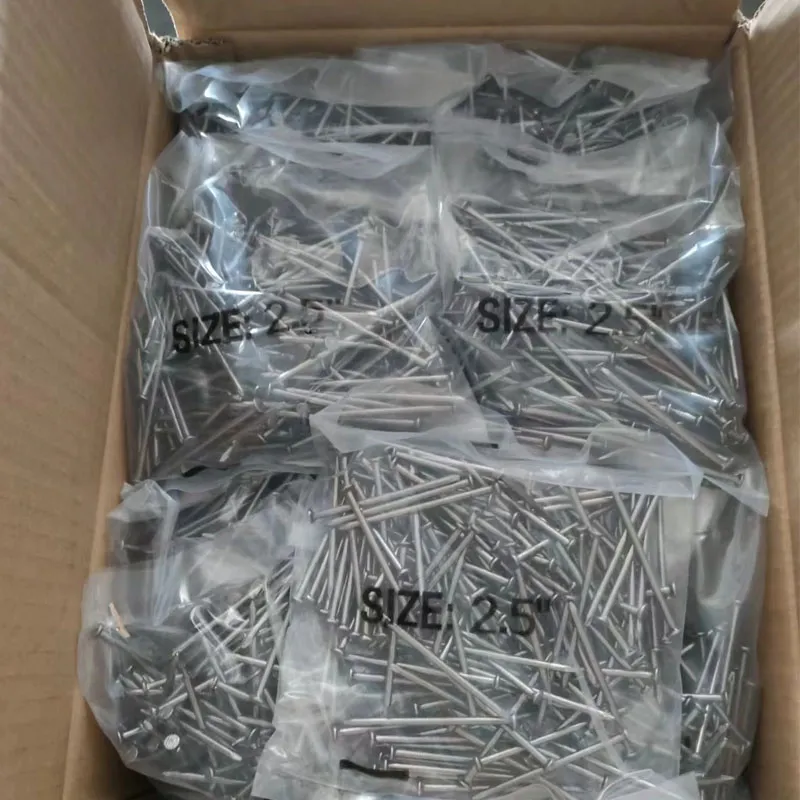10 月 . 21, 2024 23:27 Back to list
Effective Strategies for Horse Field Fencing and Management Solutions
Field Fencing for Horses Ensuring Safety and Security
When it comes to the care and management of horses, one of the most critical aspects is ensuring the safety and security of these magnificent animals. A well-designed field fencing system is essential in protecting horses from potential dangers and keeping them contained in designated areas. This article will explore the various types of field fencing suitable for horses, the benefits of proper fencing, and tips for installation and maintenance.
Types of Fencing for Horses
1. Wooden Fencing Wooden fencing is a traditional choice among horse owners. It is aesthetically pleasing and durable, making it an excellent option for paddocks and pastures. Typically made from treated lumber, wooden fences can come in various styles, including post and rail, board fencing, and split rail. While wooden fences can be sturdy, they require regular maintenance to ensure the wood remains intact and free from rot or splinters.
2. Vinyl Fencing Vinyl fencing is becoming increasingly popular due to its low maintenance requirements and durability. Unlike wood, vinyl does not splinter or require painting, making it a safe choice for horses. It is available in different colors and styles, allowing horse owners to customize their fencing to match their property. However, it is essential to choose high-quality vinyl that can withstand strong impacts from horses, as lower-quality options may crack or break.
3. Welded Wire Fencing Welded wire fencing is another safe option, particularly for containing more energetic or mischievous horses. Often used in combination with wooden posts or vinyl, welded wire provides a secure barrier while allowing visibility. This type of fencing helps prevent horses from escaping and keeps unwanted animals out. However, it is crucial to ensure that the openings in the wire are small enough to prevent hooves from getting caught.
4. Electric Fencing Electric fencing can be an effective solution to prevent horses from wandering off. This type of fencing consists of electrified wires that deliver a mild shock when the horse makes contact. Electric fencing is an excellent option for creating temporary paddocks or controlling grazing areas. While effective, it is essential to regularly check the system to ensure it is functioning properly, as any malfunction could lead to escapes or injuries.
5. Barbed Wire Fencing Although barbed wire fencing is less common for horse enclosures, it is still used in some areas. Barbed wire can be dangerous for horses as they may injure themselves if they lean against the fence or attempt to escape. Therefore, it is generally not recommended for horse pastures, especially those with young or skittish animals.
Benefits of Proper Field Fencing
Investing in proper fencing for horses brings numerous benefits
field fencing for horses

- Safety The primary purpose of fencing is to keep horses safe from potential dangers, both external and internal. A well-constructed fence prevents escape and protects them from predators.
- Containment Well-maintained fencing keeps horses within designated areas, reducing the risk of accidents and ensuring they remain in a controlled environment.
- Peace of Mind Horse owners can rest easy knowing their animals are secure within a properly fenced area, allowing for a more enjoyable experience
.- Grazing Management Fencing allows horse owners to manage grazing efficiently, rotating pastures to promote healthy growth of grass and prevent overgrazing.
Tips for Installation and Maintenance
1. Planning Start by carefully planning the layout of the fencing. Consider the terrain, existing structures, and the specific needs of your horses.
2. Quality Materials Invest in high-quality materials that can withstand wear and tear. The longevity of your fencing will depend on the materials used.
3. Regular Inspections Routinely check the fencing for damage, weaknesses, or areas that may need reinforcement. Addressing issues immediately can prevent accidents.
4. Clear the Area Ensure the area around the fence is free from debris, sharp objects, or anything that could injure your horses or damage the fence.
In conclusion, field fencing for horses is a fundamental aspect of equine care and management. By choosing the right type of fencing, investing in quality materials, and committing to regular maintenance, horse owners can ensure their animals remain safe, secure, and happily contained within their pastures. Having a well-fenced field not only enhances the safety of horses but also contributes to a more organized and pleasant equestrian environment.
-
Secure Your Roof with Quality Roofing Nails
NewsNov.04,2024
-
Secure Your Property with Quality Field Fencing
NewsNov.04,2024
-
Enhance Your Space with Quality Mesh Fencing
NewsNov.04,2024
-
Discover the Versatility of Iron Wire for Your Projects
NewsNov.04,2024
-
Discover the Versatility of Common Nails for Your Projects
NewsNov.04,2024
-
Discover Quality Hydraulic Fittings for Your Applications
NewsNov.04,2024









